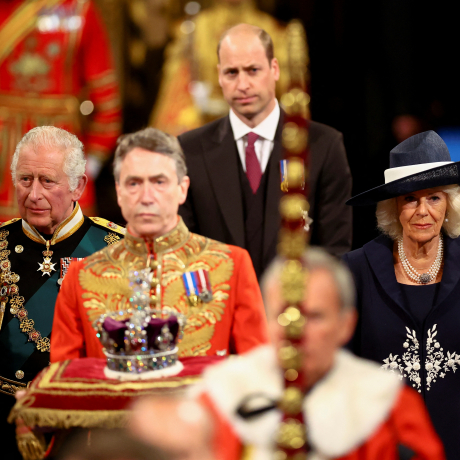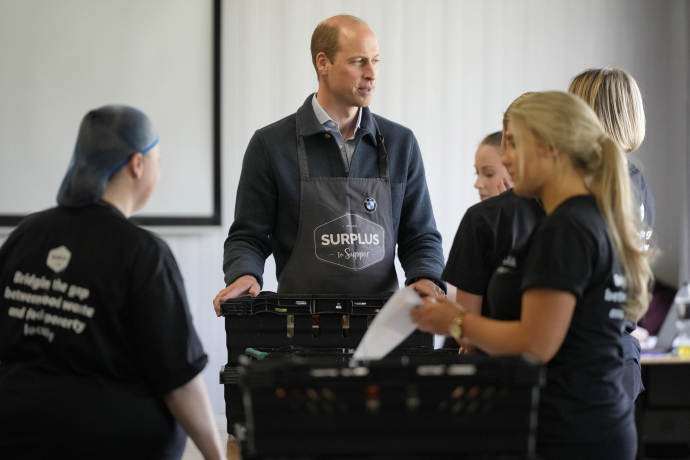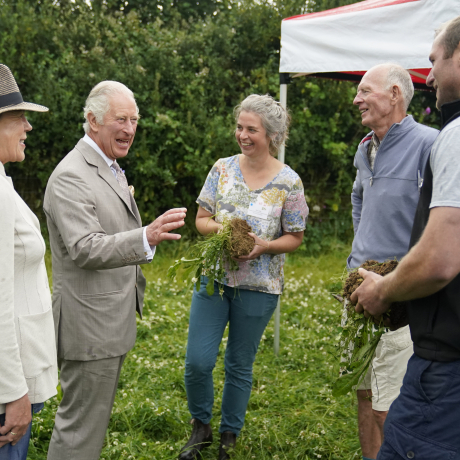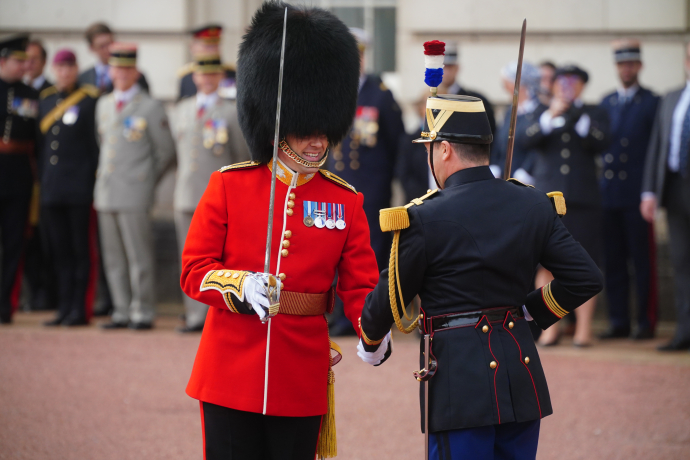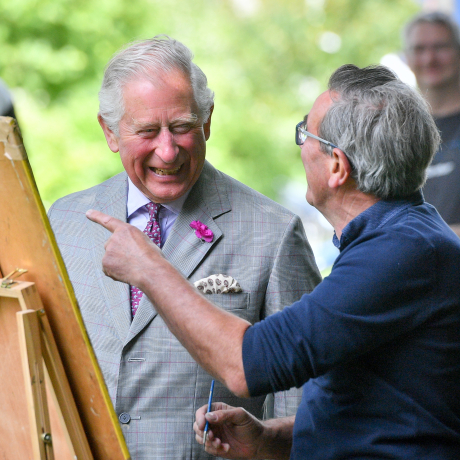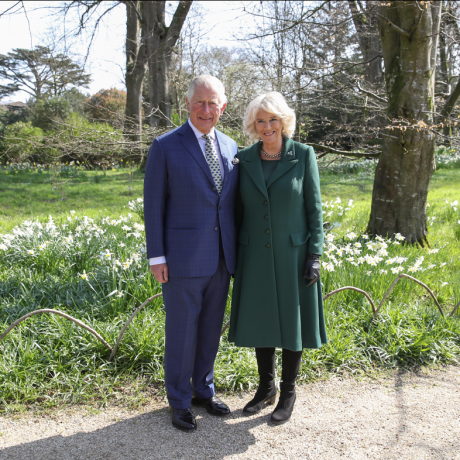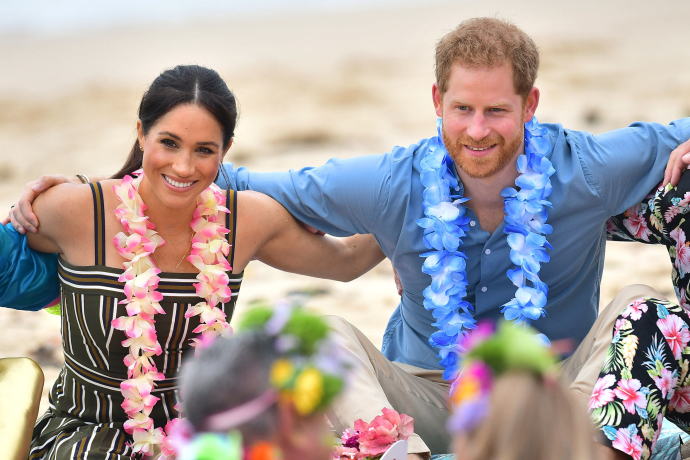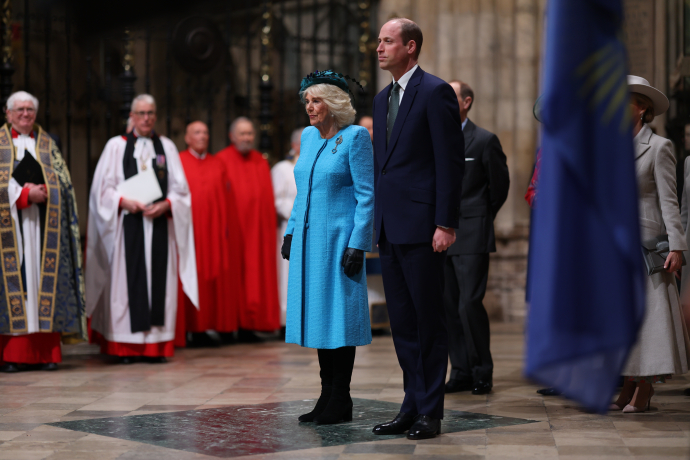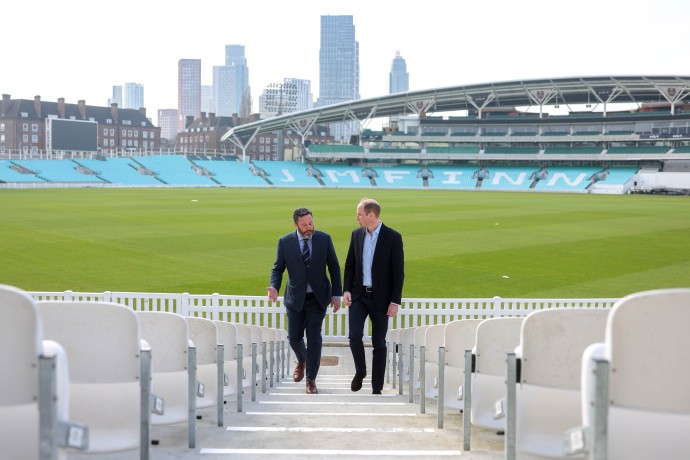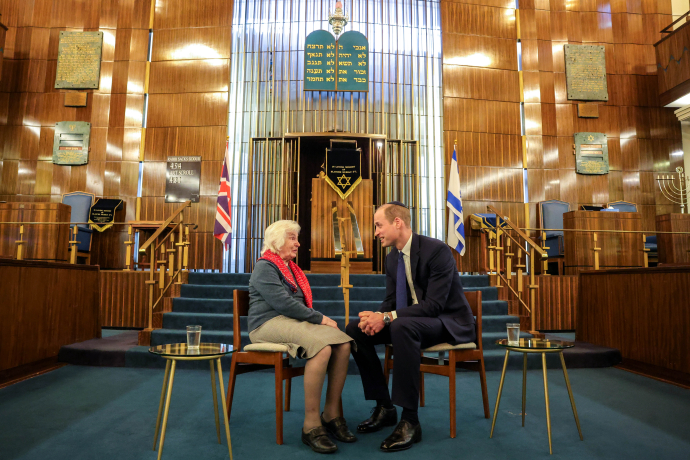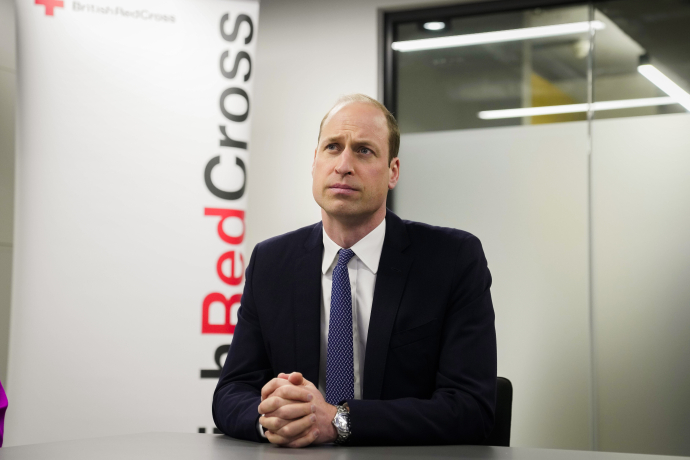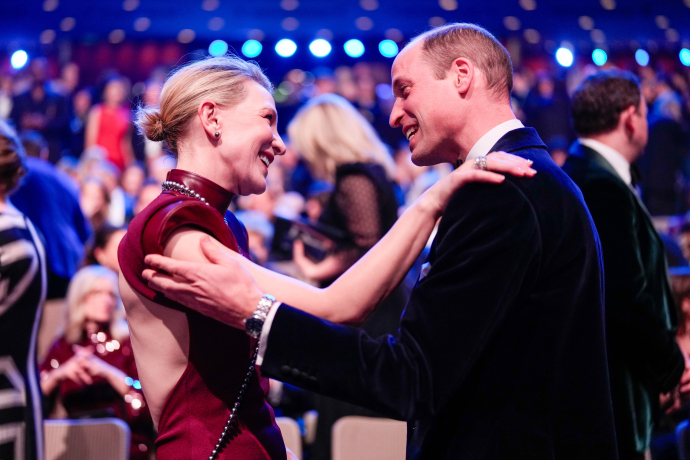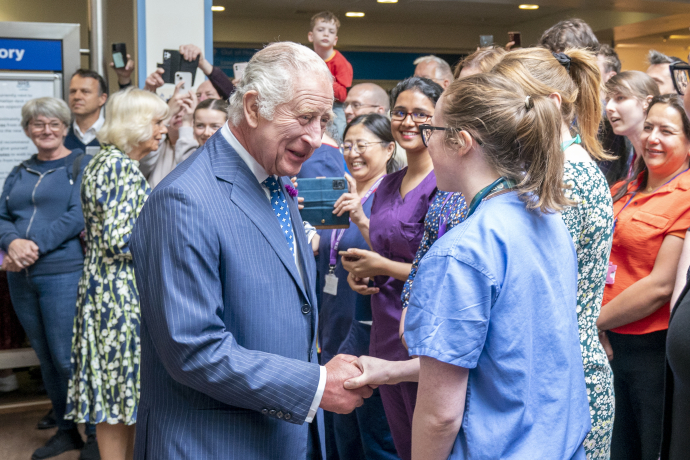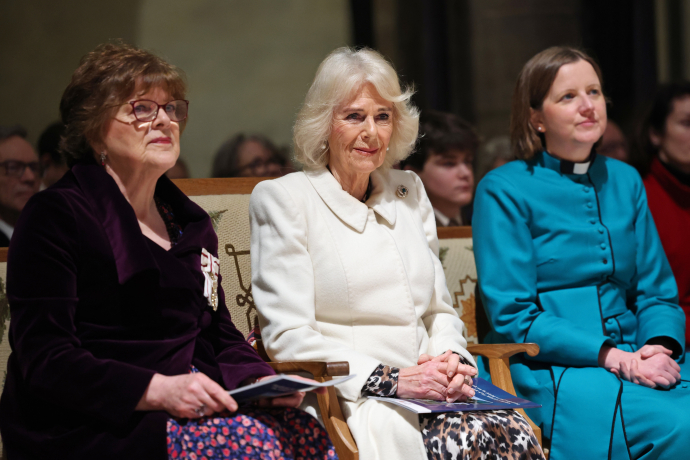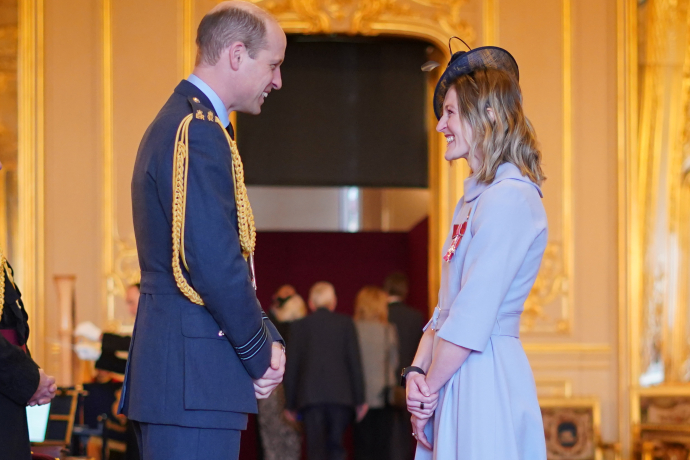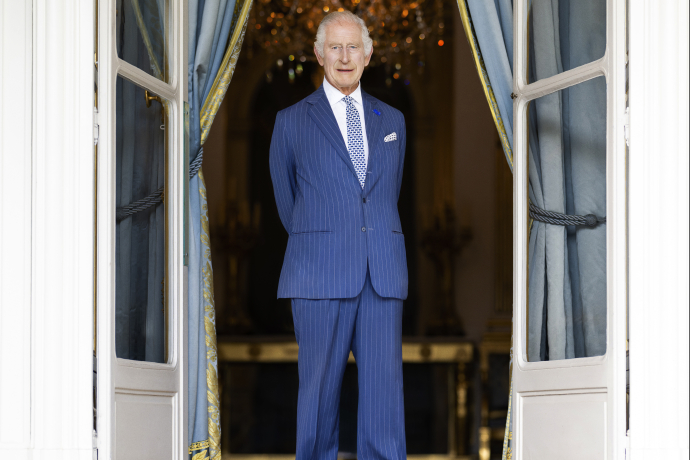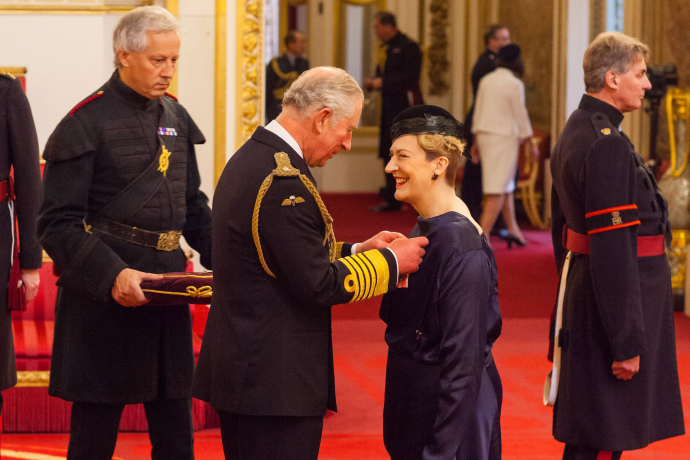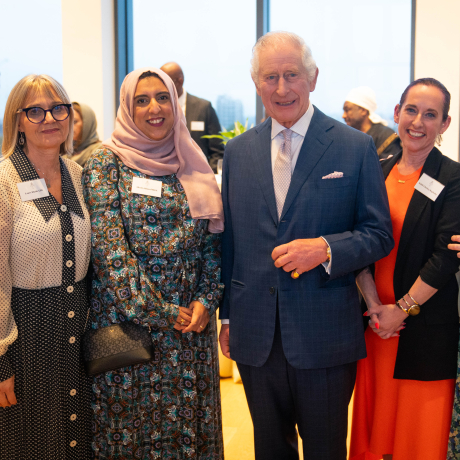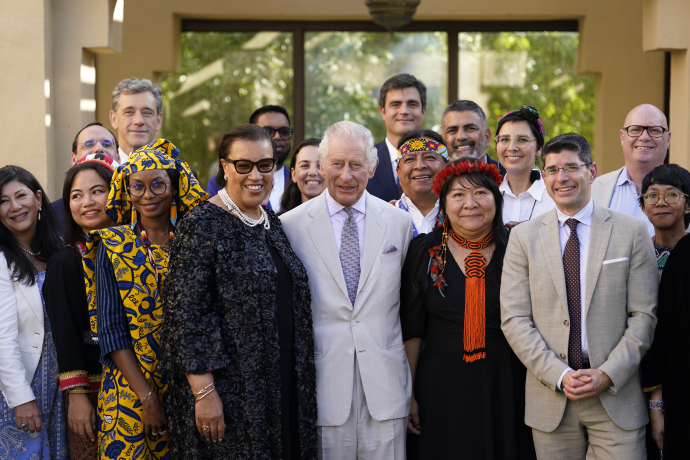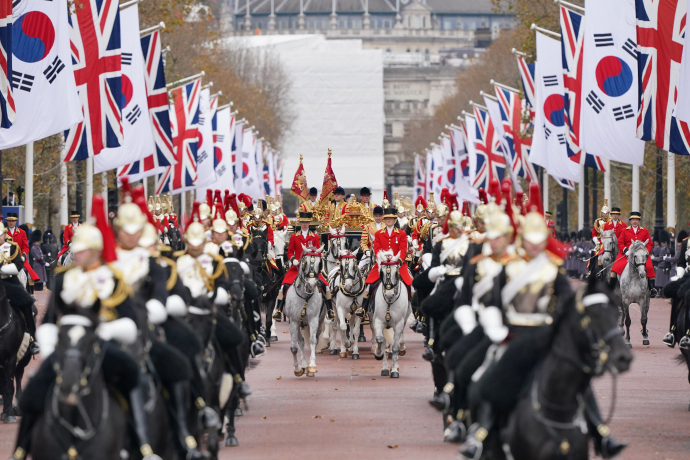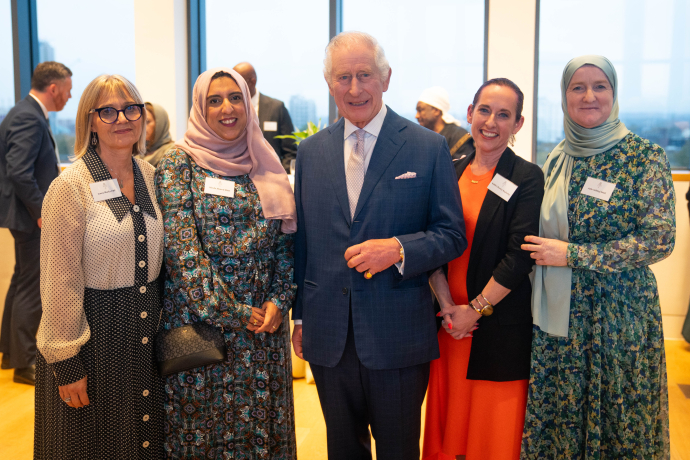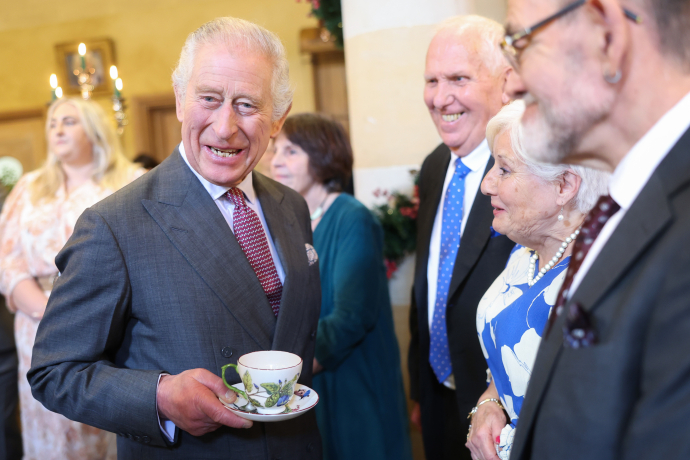By law, Counsellors of State include the Sovereign's spouse and the next four people in the line of succession who are over the age of 21. In 2022, the Regency Acts 1937 – 1953 were amended to enable The Princess Royal and The Duke of Edinburgh (then The Earl of Wessex) to serve as Counsellors of State.
Counsellors of State are authorised to carry out most of the official duties of the Sovereign, for example, attending Privy Council meetings, signing routine documents and receiving the credentials of new ambassadors to the United Kingdom. However, there are a number of core constitutional functions that may not be delegated:
- Commonwealth matters
- The dissolving of Parliament, except on His Majesty's express instruction
- The creation of peers
- Appointing a Prime Minister
History of Counsellors of State
The position of Counsellor of State was provided for in 1937 under the terms of the Regency Act. Prior to 1937, Regency Acts were drafted and passed only in necessity. As such, there had been nine separate Regency Acts to cover various eventualities since 1728. Shortly after George VI came to the throne in 1936, a new Regency Act was passed which provided a rule for all future reigns. It was at this time that the new office of Counsellor of State was created to cover short term absences where a regency would be unnecessary.
Current Counsellors of State
The current Counsellors of State are The Queen, The Prince of Wales, The Princess Royal, The Duke of Edinburgh, The Duke of Sussex, The Duke of York and Princess Beatrice. In practice, only working Members of the Royal Family are called upon to act as Counsellors of State.

